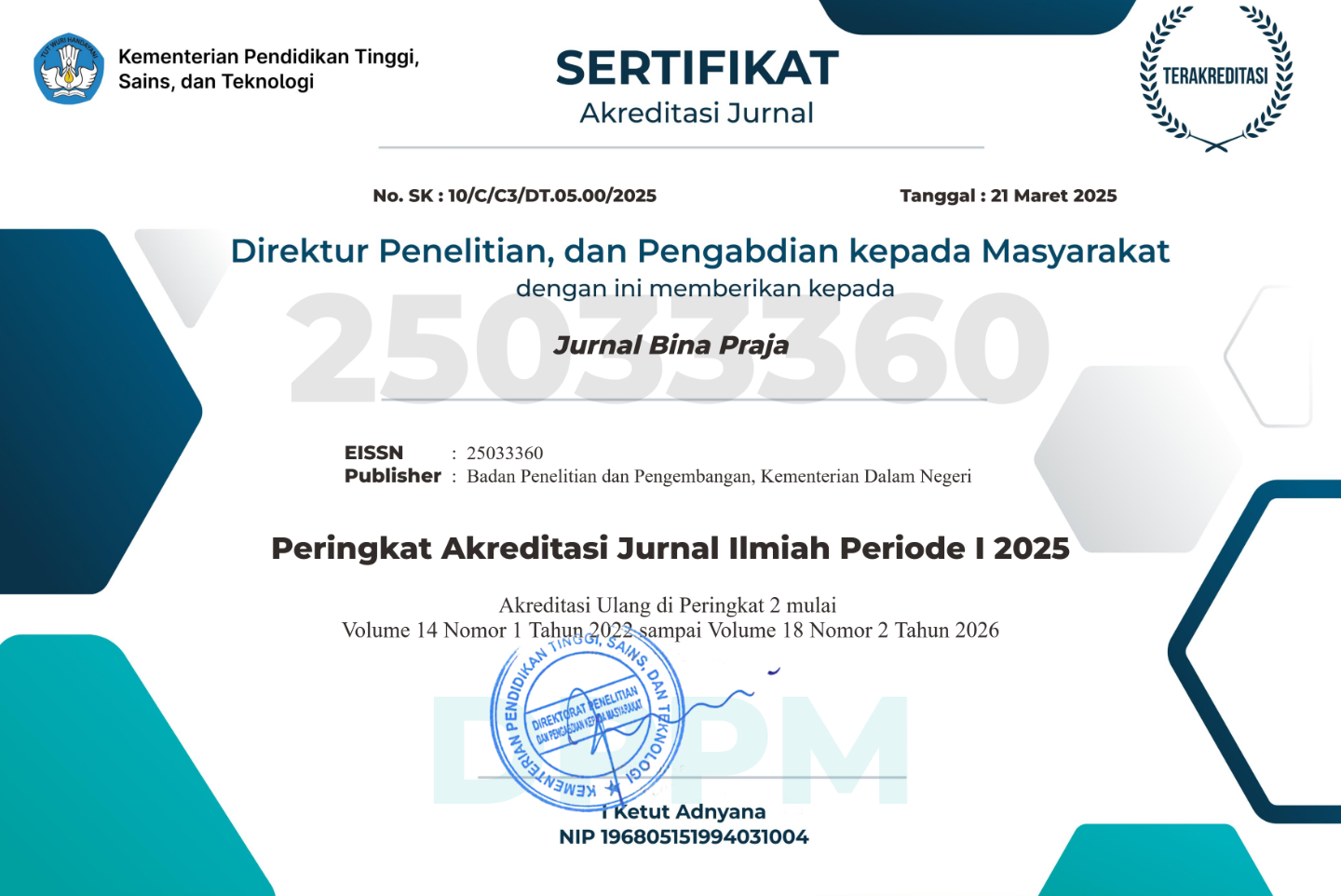The Effects of Non-cash Transactions Through Quick Response Indonesian Standard (QRIS) on the Number of MSMEs Workers
DOI:
https://doi.org/10.21787/jbp.17.2025.33-41Keywords:
Quick Response Indonesia Standard (QIRS), Micro, Small and Medium Enterprise (MSMEs), Routine-Biased Technical Change (RBTC), Two-Stage Least Square (2SLS)Abstract
According to data from the Central Statistics Agency for 2022, 66.48% of Indonesians have accessed the internet. This trend supports the rapid development of digitalization in payment systems, particularly with the use of Quick Response Indonesia Standard (QRIS). QRIS aims to enhance transaction efficiency, accelerate financial inclusion, and advance micro, small, and medium enterprises (MSMEs). The shift in consumer behaviour towards digital transactions due to their efficiency and speed has forced MSMEs to adapt by adopting QRIS for their payment systems. This adoption of QRIS by MSMEs will undoubtedly impact their business operations and the number of workers they need. This study uses linear regression with the Two-Stage Least Squares (2SLS) model to examine the relationship between the adoption of QRIS in cashless payment systems and the number of workers required by MSMEs. This approach is applied to address potential endogeneity arising from reverse causality, where QRIS adoption may influence labour demand, but labour capacity might also affect the decision to adopt QRIS, as well as omitted variable bias that could be correlated with both QRIS adoption and employment levels. The result indicates that QRIS has a significant positive direct effect. Although this finding does not align with the Routine-Biased Technical Change (RBTC) theory, which suggests that technology replaces routine workers, the study finds that MSMEs still need workers to serve customers and tally transaction totals (routine workers) before customers make payments through QRIS. Additionally, MSMEs are increasing their workforce by hiring family members or relatives (non-routine workers) to support their operations.
Downloads
References
Asosiasi Penyelenggara Jasa Internet Indonesia (APJII). (2024). Jumlah Penggunaan Internet Indonesia Tembus 221 Juta Orang. https://apjii.or.id/berita/d/apjii-jumlah-pengguna-internet-indonesia-tembus-221-juta-orang
Badan Pusat Statistika. (2022). Statistika Telekomunikasi Indonesia Tahun 2022.
Bank Indonesia. (2023). Laporan Kebijakan Moneter Triwulan IV 2023.
Biro Komunikasi, Layanan Informasi, dan Persidangan. Kementerian Koordinator Bidang Perekonomian. (2021). UMKM Menjadi Pilar Penting Dalam Perekonomian Indonesia. https://ekon.go.id/publikasi/detail/2969/umkm-menjadi-pilar-penting-dalam-perekonomian-indonesia
Cascio, U, Elizabeth & Narayan, Ayushi. (2022). Who Needs a Fracking Education? The Educational Response to Low-Skill-Biased Technological Change. Sage Journals, 75(1), 56-89. https://doi.org/10.1177/0019793920947422
Dyer, W. G. (1988). Culture and continuity in family firms. Family Business Review, 1(1), 37-50. https://doi.org/10.1111%2Fj.1741-6248.1988.00037.x
Goos, M., Rademakers, E., & Rottger, R. (2021). Routine-Biased Technical Change: Individual-Level Evidence From A Plant Closure. Reseacrh Policy, 50.
Gujarati, N., Damodar. (2003). Basic Econometrics Fourth Edition. North America: Gary Burke.
Habbershon, T. G., Williams, M., & MacMillan, I. C. (2003). A unified systems perspective of family firm performance. Journal of Business Venturing, 18(4), 451-465. https://doi.org/10.1016/S0883-9026(03)00053-3
Hendrawan, A. S., Chatra, A., Iman, N., Hidayatullah, S., Suprayitno, D. (2024). Digital Transformation in MSMEs: Challenges and Opportunities in Technology Management. Jurnal Informasi dan Teknologi, 6(2). https://doi.org/10.60083/jidt.v6i2.551
Hill C. R., Griffiths., E. William., Lim, C. G. (2011). Principles of Econometrics Fourth Edition. United State of America: John Wiley & Sons, Inc.
Lestari & Santoso, B. (2024). Peranan Usaha Mikro Kecil Menengah (UMKM) dalam Penyerapan Tenaga Kerja di Kabupaten Seluma, Provinsi Bengkulu. Jurnal Bisnis Manajemen, 2(2), 357-368. https://doi.org/10.61930/jurbisman.v2i2.610
Ningsih Rahayu, Sri. (2024). Pengaruh Teknologi Terhadap Produktivitas Tenaga Kerja di Indonesia. BENEFIT: Journal Of Business, Economics, And Finance, 2.
Putri, R., & Idris. (2020). Pengaruh Teknologi Informasi dan Komunikasi Terhadap Pasar Tenaga Kerja dan Pertumbuhan Ekonomi di Indonesia. Jurnal Kajian Ekonomi dan Pembangunan. Volume 2. Nomor 4. https://doi.org/10.24036/jkep.v2i4.13386
Sebastian, R., & Biagi, F. (2018). The Routine Biased Technical Change hypothesis: A Critical Review. JRC Technical Reports. Luxembourg: Publications Office of the European Union.
Sulistyaningsih, H., & Hanggraeni, D. (2022). Investigating the Adoption of QR Code Indonesian Standard through Organizational and Environmental Factors and Its Impact on Micro Small Medium Enterprise Performance. Global Business and Management Research: An International Journal. Vol. 14, No. 3s. https://www.gbmrjournal.com/pdf/v14n3s/V14N3s-67.pdf
Downloads
Published
How to Cite
Issue
Section
License
Copyright (c) 2025 Author(s)

This work is licensed under a Creative Commons Attribution-NonCommercial-ShareAlike 4.0 International License.















